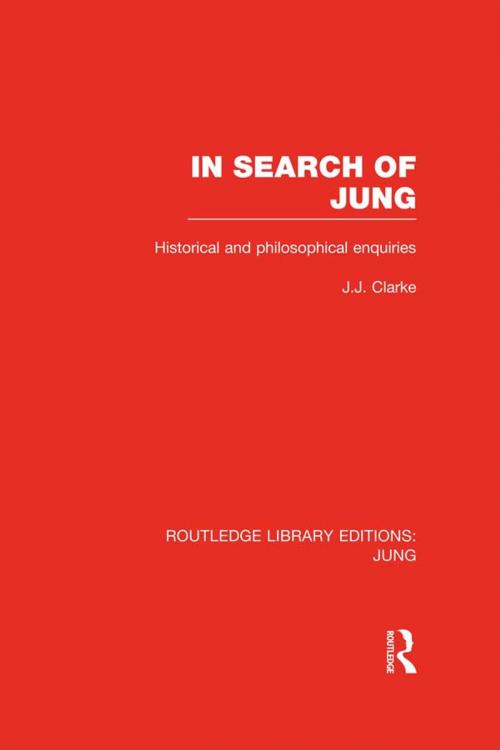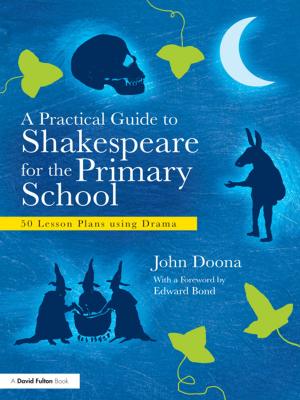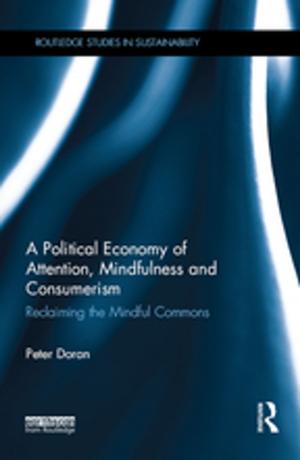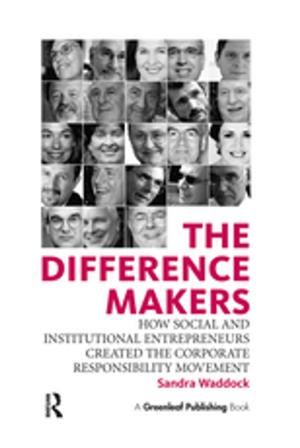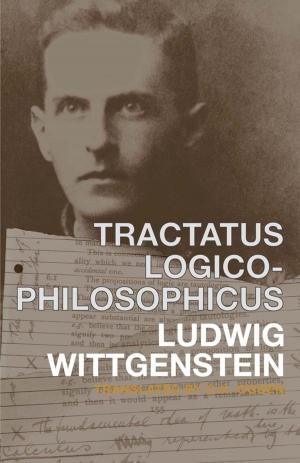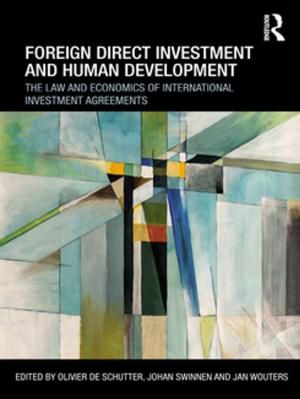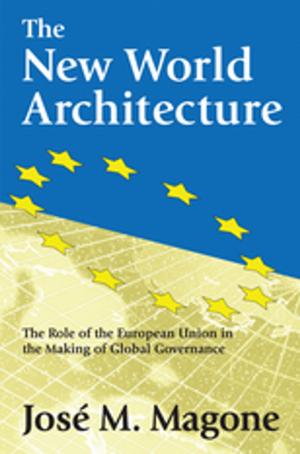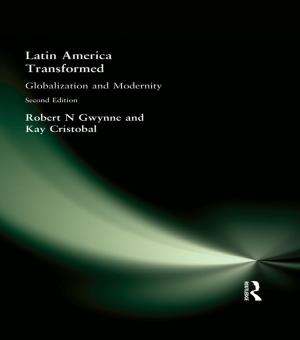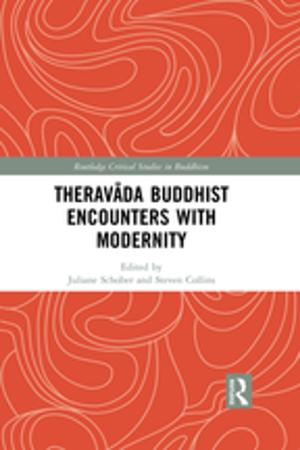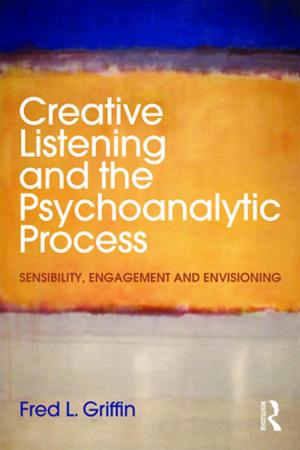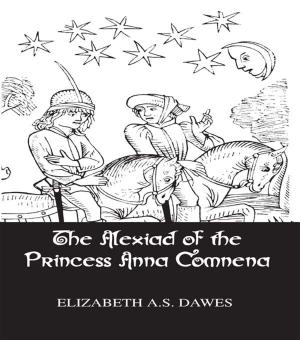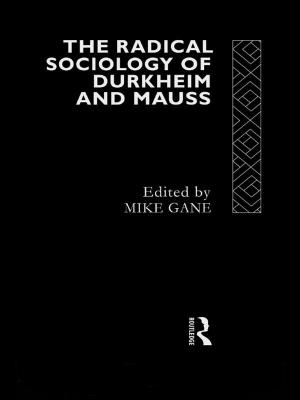In Search of Jung (RLE: Jung)
Historical and Philosophical Enquiries
Nonfiction, Religion & Spirituality, Philosophy, Health & Well Being, Psychology| Author: | J. J. Clarke | ISBN: | 9781317623649 |
| Publisher: | Taylor and Francis | Publication: | July 17, 2014 |
| Imprint: | Routledge | Language: | English |
| Author: | J. J. Clarke |
| ISBN: | 9781317623649 |
| Publisher: | Taylor and Francis |
| Publication: | July 17, 2014 |
| Imprint: | Routledge |
| Language: | English |
Is Jung one of the most exciting and important thinkers of our age? Or is he just a dabbler in the occult and oriental mysticism?
Although Jung has enjoyed wide popularity over time, he is still not accorded an appropriately honoured place in the history of modern thought. His interest in Oriental thought, alchemy and astrology has alienated many and he is often marginalized by scholars and academics.
Originally published in 1992, this book aimed to rectify this state of affairs by showing that Jung was an important thinker in his own right and that his ideas play an important role at the heart of the intellectual debates of our age. The book explores Jung’s relationship with some of the great philosophical thinkers and movements such as Hegel, Nietzsche and existentialism, examines his links with the revolutionary ideas of modern physics and argues that his conception of the human psyche represents an important contribution to perennial questions about mind, human nature and human destiny.
Is Jung one of the most exciting and important thinkers of our age? Or is he just a dabbler in the occult and oriental mysticism?
Although Jung has enjoyed wide popularity over time, he is still not accorded an appropriately honoured place in the history of modern thought. His interest in Oriental thought, alchemy and astrology has alienated many and he is often marginalized by scholars and academics.
Originally published in 1992, this book aimed to rectify this state of affairs by showing that Jung was an important thinker in his own right and that his ideas play an important role at the heart of the intellectual debates of our age. The book explores Jung’s relationship with some of the great philosophical thinkers and movements such as Hegel, Nietzsche and existentialism, examines his links with the revolutionary ideas of modern physics and argues that his conception of the human psyche represents an important contribution to perennial questions about mind, human nature and human destiny.
